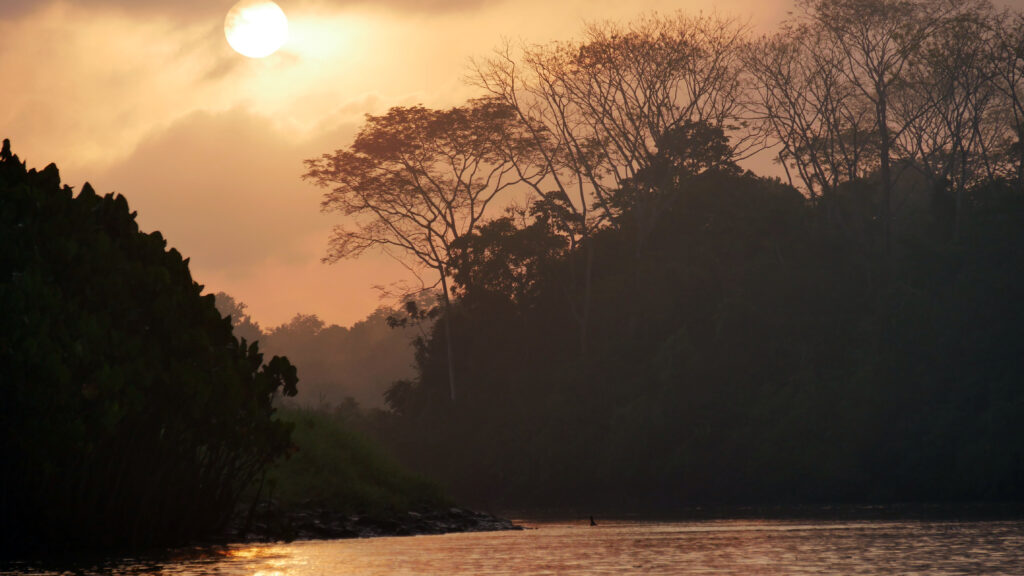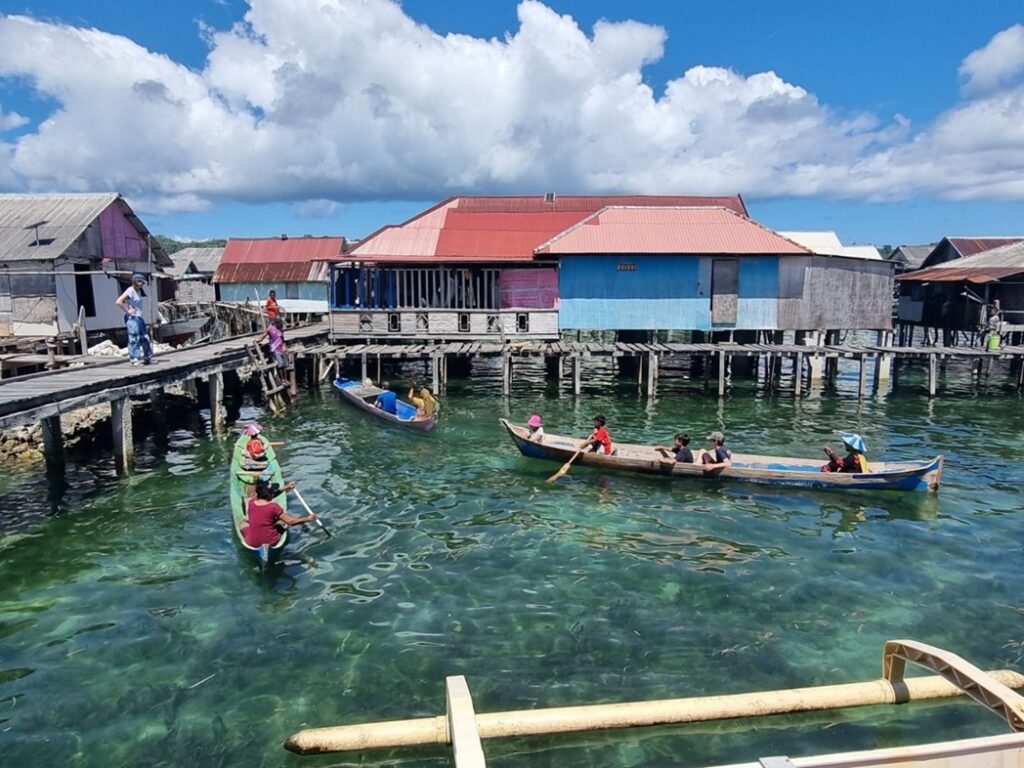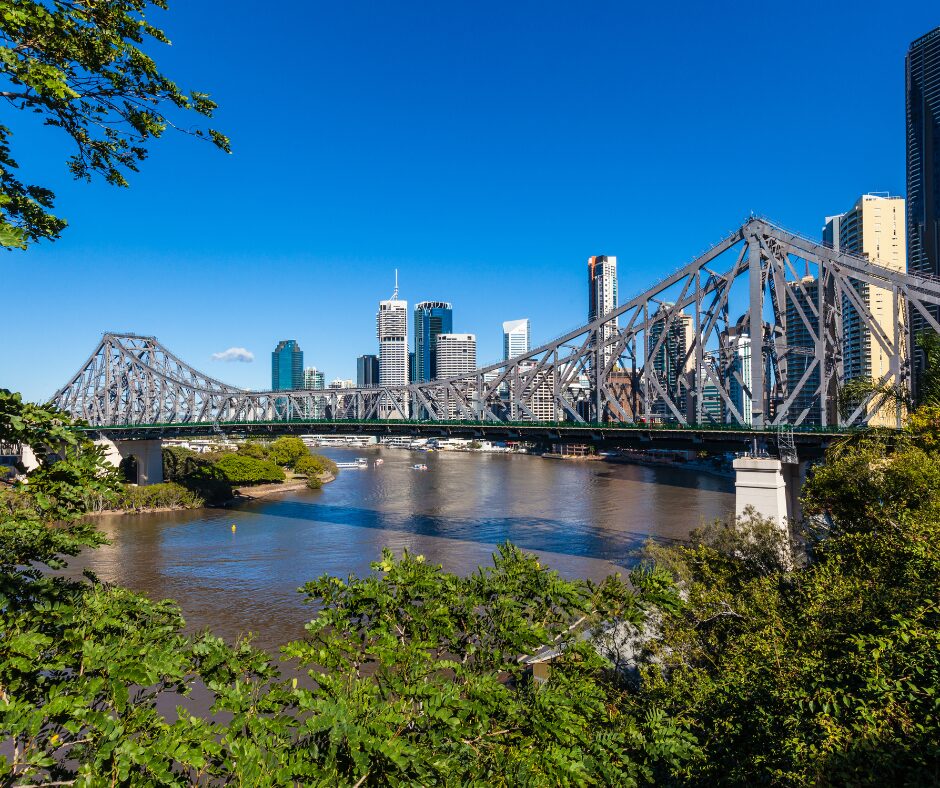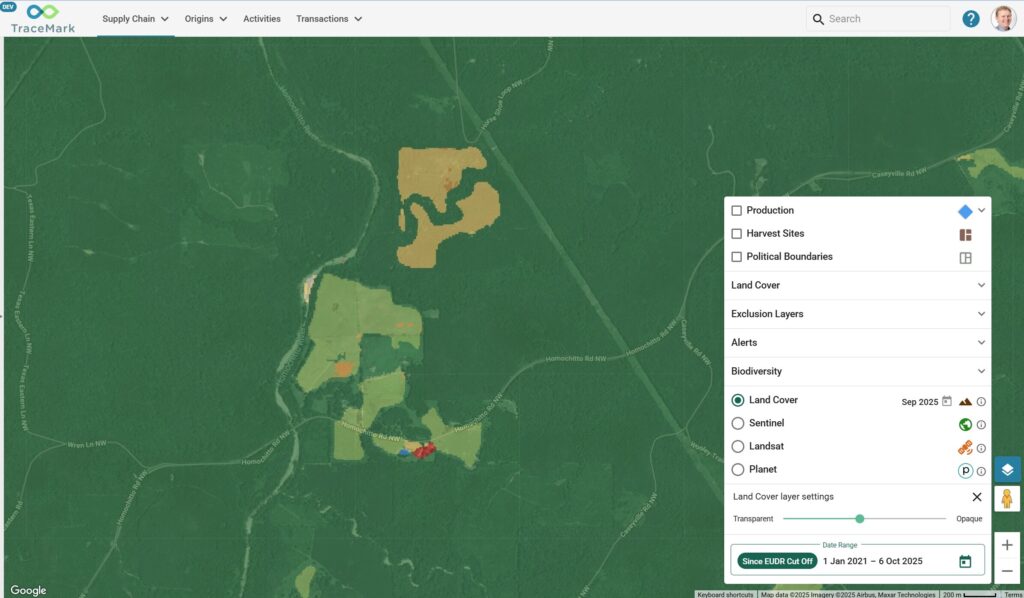Sustainable Palm Oil


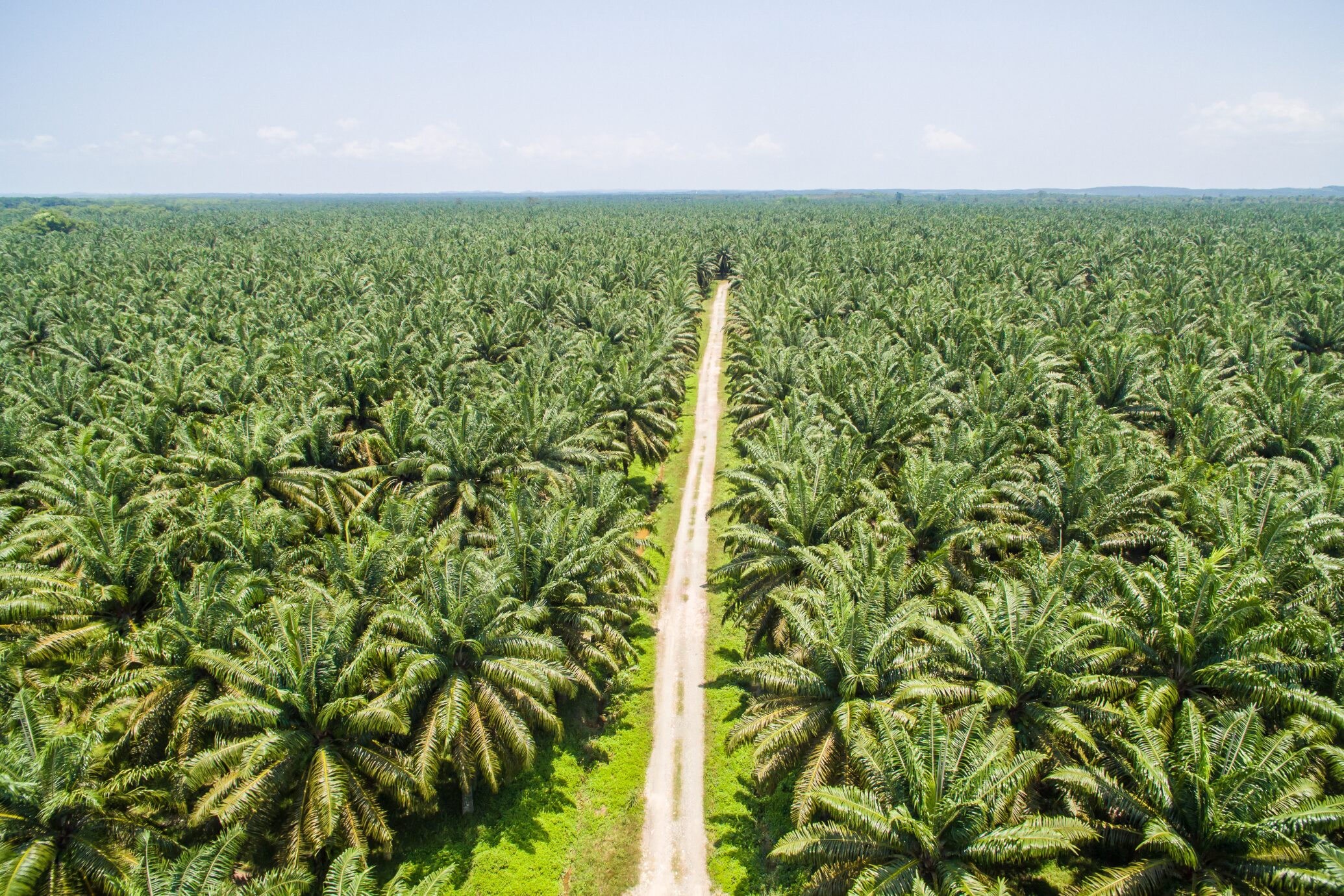
Palm Oil
Palm Oil is recognised as the world’s most versatile vegetable oil. As well as a widley used cooking oil, it’s found in over half of all supermarket products, from soap and toothpaste to chocolate and noodles.
When not managed and grown sustainably, palm oil can damage forests and endanger communities and destroy essential wildlife habitats.
Around 90% of oil palm trees globally are located in Malaysia and Indonesia, islands with the most biodiverse tropical forests in the world. Because palm oil requires up to nine times less land than other vegetable oil crops, its efficient use of land makes palm oil extremely attractive to producers and purchasers across the world.
That’s why it is crucial to establish a sustainable and responsible approach to palm oil production
Use this space to add a medium length description. Be brief and give enough information to earn their attention.
RSPO’S COMMITMENT TO SUSTAINABILITY
The Roundtable on Sustainable Palm Oil (RSPO) is at the forefront of global efforts to make palm oil sustainable. The RSPO partnership unites stakeholders across the entire palm oil value chain to set the parameters for sustainable palm oil production that protects the world’s natural resources and wildlife habitats, and promotes the socioeconomic development of smallholders and rural communities across the world.
NGIS IN THE RSPO CONSORTIUM
In February 2025 RSPO with partners Agridence and NGIS launched prisma (Palm Resource Information and Sustainability Management). Aimed at enhancing trade and compliance with current and emerging global regulations, prisma is RSPO’s advanced certification,
trade, and traceability system that provides real-time data and analytics.
Transforming the palm oil industry by improving trade and compliance, organising information, and optimising supply chain efficiency, it represents a sustainability commitment, uniting stakeholders, standardising audit reports, and providing a seamless framework for global
sustainability demands. This innovative initiative integrates certification, trade, and traceability components into a unified and optimised
system, with NGIS contributing its extensive expertise in geospatial technology, remote sensing, and risk analysis.
NGIS AND ITS ROLE IN DIGITAL TRANSFORMATION
NGIS brings its wealth of knowledge in geospatial technology, remote sensing, and risk analysis to the RSPO Consortium. Leveraging the TraceMark™ platform, prisma provides essential workflows for regulatory compliance including the European Union Deforestation Regulation along with core capabilities including:
Supply Chain Traceability: Allows full supply chain traceability and provides the ability to monitor various near real-time and historical land change metrics, detected within sourcing areas, and to create benchmarks at all levels of the supply chain.
Risk Assessment: Assess risk within sourcing locations by viewing near real-time fire and deforestation alerts. These alerts can then be
interrogated by using before and after satellite imagery (including planet imagery), to rule out false positive detections.
Risk Mitigation: Mitigate possible risks detected through the automated investigations of fire hotspots and land clearing reporting. This
investigation flow takes users through submitting, reviewing, escalating, and closing investigations.
This digital transformation project is poised to have far reaching implications for the palm oil sector, serving as a model for other industries seeking to bolster sustainability practices and meet evolving regulatory requirements.
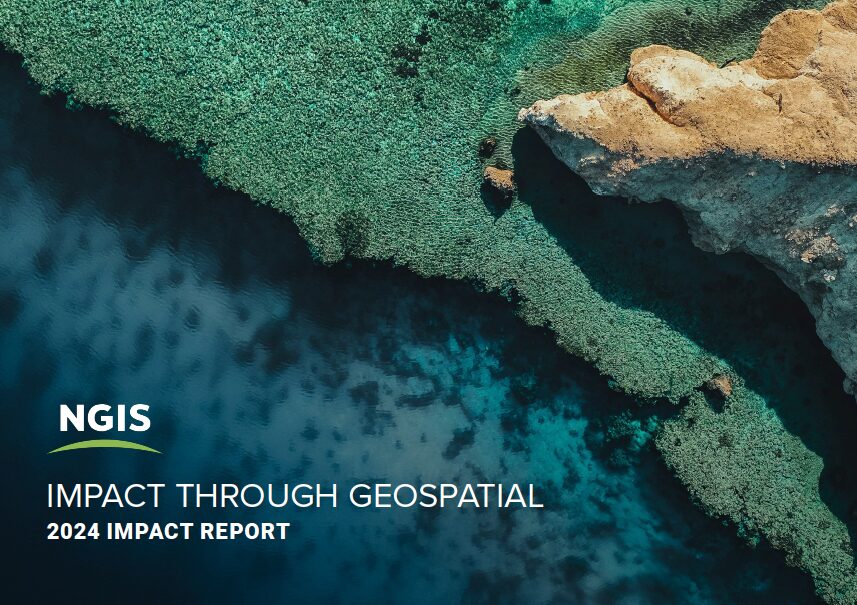
Want to explore more articles like this one? Download our 2024 Impact Report
Related Articles
Here are more related articles you may be interested in.

